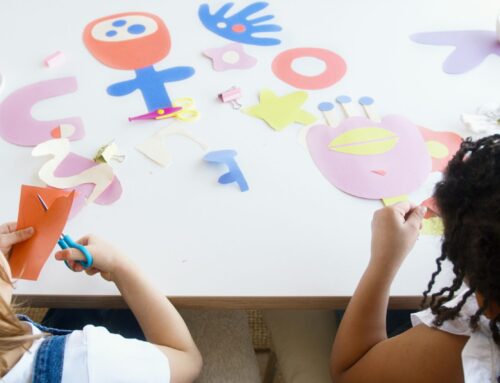Understanding the science of early brain development highlights just how crucial the first few years are in a child’s life. During these early years, a child’s brain forms and strengthens connections at a rapid pace. In fact, the brain forms more than one million new neural connections every second in the early years of life, making this time the most sensitive and impactful for development.
At birth, a child’s brain is only about 25% of its adult size. However, by the age of three, it has grown to 80% of its full size. This rapid growth is influenced by both genetic factors and experiences. The connections that form in the brain are heavily shaped by the child’s environment, interactions, and experiences. Positive experiences, such as being read to, playing, and engaging in conversations, stimulate brain activity and help to establish a strong foundation for later learning and development.
The science behind early brain development also shows that a child’s brain is highly plastic, meaning it can adapt and change in response to different stimuli. This plasticity allows children to learn quickly, but it also means that negative experiences, such as stress or neglect, can have a lasting impact on brain development. When children experience consistent care, stimulation, and nurturing, their brains develop stronger and healthier connections, leading to better cognitive and emotional outcomes.
Furthermore, early brain development affects all areas of a child’s development, including language, motor skills, social skills, and emotional regulation. For example, early exposure to language-rich environments helps to build the foundations for literacy and communication skills, while interactions with caregivers support emotional development and the ability to form healthy relationships.
In essence, the science behind early brain development underscores the importance of providing children with rich, positive learning experiences in the early years. By supporting their cognitive, emotional, and social growth, we are not only helping them succeed academically but also ensuring they develop into well-rounded, capable individuals.






